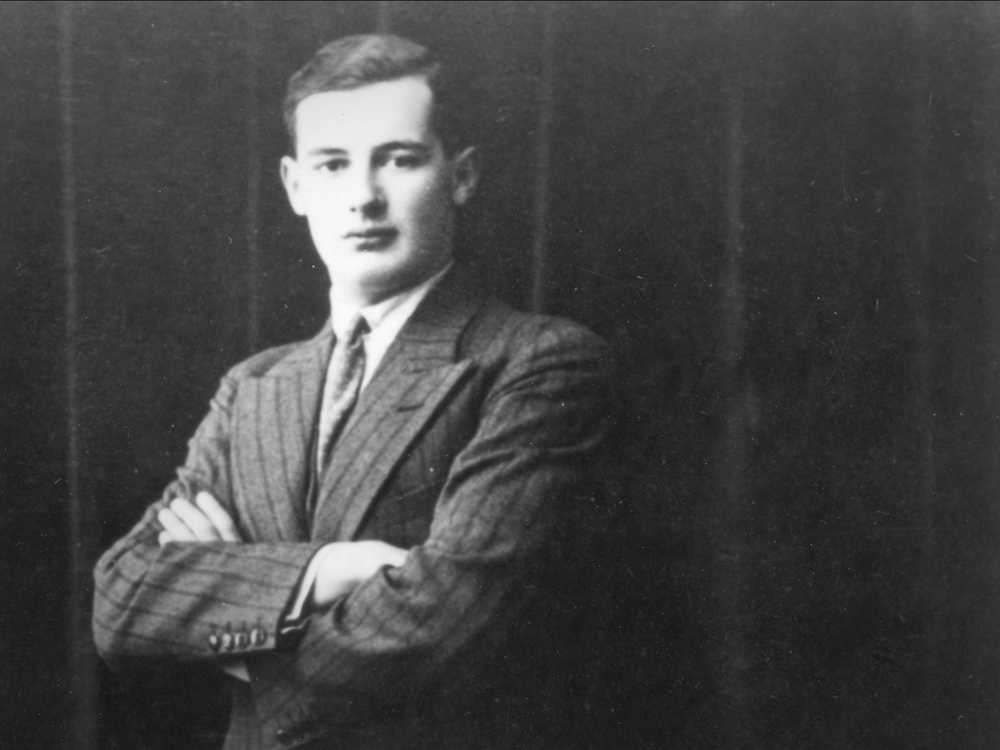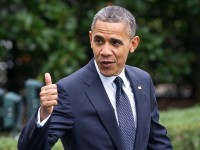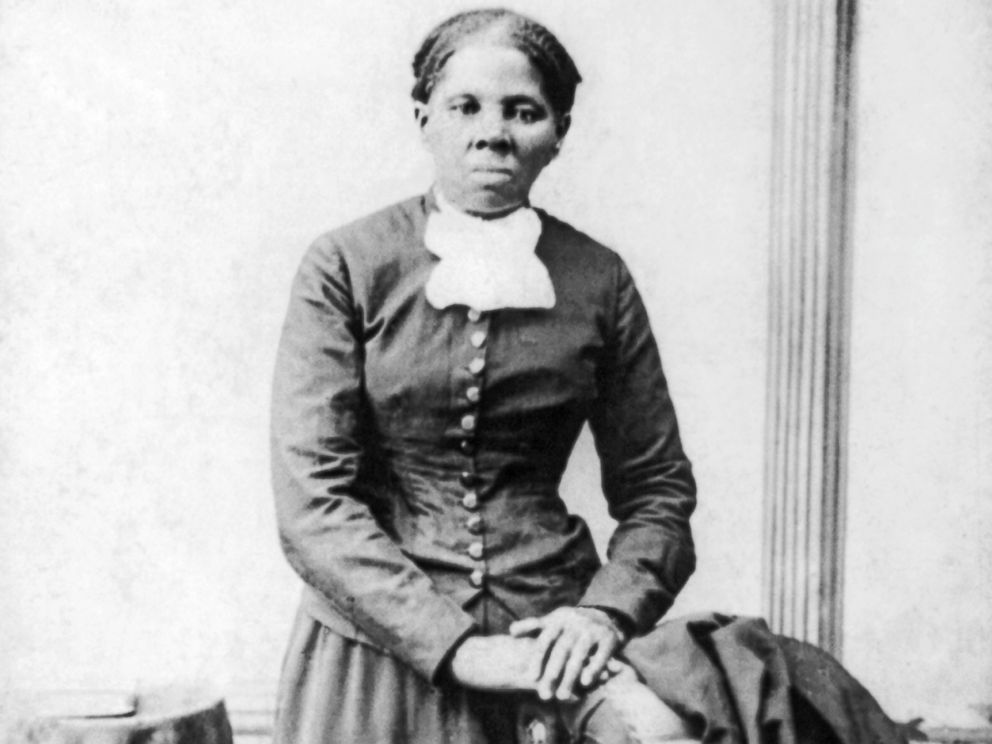By: Chessie Reece
On Friday, September 22nd, House Minority Whip Rep. Steny Hoyer visited the LBJ School of Public Affairs as part of the Dean’s Distinguished Speaker Series. Throughout his service as President of the Maryland Senate to House Majority Leader and now Whip, Rep. Hoyer has been a widely-known and well-respected figure. He certainly revealed the wisdom of experience and historical analysis at Friday’s event, answering students’ questions for more than an hour after his own brief remarks.
With political polarization at the forefront of American society, Rep. Hoyer received many questions about why partisanship has increased. Hoyer claimed that recent advancements in technology are a key factor. Nowadays, data on voter preferences can be collected with a never-before-seen degree of specificity. As a result, policymakers’ perspectives are narrowed and the interests of the general public are lost. This leads representatives to prioritize the problems important to only their individual constituent bases and has resulted in some states redistricting according to demographics and voting tendencies. Thus, according to Hoyer, technology has allowed gerrymandering and a highly-partisan focus to affect the quality of the representation members provide for their constituents.
In response to questions about how to bridge the divide between parties, Rep. Hoyer explained that the Republican party seems more deeply divided today than the Democratic party. He cited John Boehner’s resignation, the budget fight tanking tax reform, an inability to advance President Trump’s legislative agenda, and the rejection of all traditional “Republican establishment” candidates during the 2016 Presidential election as evidence of internal fractures. Upon pushback from the audience regarding a small-but-contentious 2016 Democratic Presidential candidate pool, Hoyer brought up the history of the Affordable Care Act: Democratic representatives have never wavered in their unanimous support of the ACA because of a shared party belief that all Americans should have affordable healthcare.
Representative Hoyer predicted that the Democrats will win the House back in 2018. Historically, the minority party improves their numbers in midterm elections, especially when the majority-party President is unpopular. Hoyer also laid out two political reasons for his prediction. One, Democrats are now capitalizing on anger over Republican failure to accomplish Trump’s major agenda points. Victory in the midterms will come especially as those who voted “against Hillary” (versus “for Trump”) take to Democratic candidates positing themselves as more competent alternatives to their current representatives. Two, Republicans are largely focused on issues which do not affect but a small majority of citizens on the far-right. As Hoyer put it, “95% of Americans wake up with issues regarding jobs, roads, and the economy…not abortion or going to buy a gun.” As a result, the anger and hostility which characterized the 2016 election will subside, and “democracy will correct itself” by choosing more rational, relatable Democratic representatives in 2018.
Most of Representative Hoyer’s ideas were exactly what one might have expected to hear from a leader in a political party recently dealt a serious, devastating electoral blow. Throughout the event, he maintained a reflective yet hopeful tone, relying mostly on logic and facts to advance his points while not overly-villainizing the Republican party or inflating Democratic successes. However, it was not until the end of the event that he dropped his thoughtful defense of the Democratic party and began offering tangible prescriptions for how to rectify the divisiveness in American society and produce lasting future change beyond the 2018 midterms. He urged women to use Hillary Clinton’s defeat as encouragement to run for more political offices. He discussed holding representatives more accountable for enacting evidence-based policies and reforms, and espoused the need to fund nonpartisan agencies like the Congressional Budget Office in order to continue their work informing the public.
In response to this event, I would urge representatives from both parties to abandon some of their prewritten, party-loyal answers and instead add a more personal touch to events with the public. While Rep. Hoyer’s responses were factual, persuasive and, in some cases inspiring, all of America is in a period of political soul-searching. We look to our most respected representatives to provide us with not just some soul, but some heart. We want to feel what Steny Hoyer is saying about democracy and know that he feels it, too, and we only truly got that connectedness near the end of Friday’s discussion. To solve the current crisis of leadership, all candidates need to prove their ability to unite across party lines not just with hard, factual evidence, but with the character of a passionate leader.











 Elizabeth Teare is a senior studying International Relations and Rhetoric with minors in Middle Eastern studies and French. Her research interests include conflict resolution, peace making studies and international development. As a Roach Scholar, she worked with a PhD student to create a dataset of political violence groups and their affiliations in Pakistan, Afghanistan and India. She is a research affiliate with UT’s Innovations for Peace and Development, where she has worked on the CEPSA and AIIB teams. Elizabeth is also a Clements Center Undergraduate Fellow and was elected to the honor society, Phi Beta Kappa, as a junior.
Elizabeth Teare is a senior studying International Relations and Rhetoric with minors in Middle Eastern studies and French. Her research interests include conflict resolution, peace making studies and international development. As a Roach Scholar, she worked with a PhD student to create a dataset of political violence groups and their affiliations in Pakistan, Afghanistan and India. She is a research affiliate with UT’s Innovations for Peace and Development, where she has worked on the CEPSA and AIIB teams. Elizabeth is also a Clements Center Undergraduate Fellow and was elected to the honor society, Phi Beta Kappa, as a junior. Keeton Charles Schenck is a junior studying Finance and International Relations through the McCombs School of Business and Liberal Arts Honors program. His academic interests include international political economy and the impact of globalization on developing economies. Keeton’s academic background, coupled with a passion for technology, led him to a market research internship for a Y-Combinator startup based in Silicon Valley. There he developed a data-driven research initiative to analyze product-market fit and launched a drip-marketing campaign.
Keeton Charles Schenck is a junior studying Finance and International Relations through the McCombs School of Business and Liberal Arts Honors program. His academic interests include international political economy and the impact of globalization on developing economies. Keeton’s academic background, coupled with a passion for technology, led him to a market research internship for a Y-Combinator startup based in Silicon Valley. There he developed a data-driven research initiative to analyze product-market fit and launched a drip-marketing campaign.
 Raoul Wallenberg (1912-1947) was a Swedish humanitarian known for rescuing thousands of Jews in Hungary from German Nazis during World War II. When the Red Army arrived in Budapest, Wallenberg was kidnapped and subsequently imprisoned in a KGB secret prison in Moscow, where he mysteriously died years later. The enormous risks Wallenberg took to put the lives of Hungarian Jews ahead of the motives of Nazi-occupied Hungary exemplify moral leadership. According to the moral psychologist Lawrence Kohlberg, the highest stage in moral development is postconventional morality, when an individual’s conscience may deviate from societal conventions of right and wrong. Such moral disobedience and leadership is what Raoul Wallenberg showed in Hungary, saving the lives of thousands of persecuted Jews against the moral conventions of his peers.
Raoul Wallenberg (1912-1947) was a Swedish humanitarian known for rescuing thousands of Jews in Hungary from German Nazis during World War II. When the Red Army arrived in Budapest, Wallenberg was kidnapped and subsequently imprisoned in a KGB secret prison in Moscow, where he mysteriously died years later. The enormous risks Wallenberg took to put the lives of Hungarian Jews ahead of the motives of Nazi-occupied Hungary exemplify moral leadership. According to the moral psychologist Lawrence Kohlberg, the highest stage in moral development is postconventional morality, when an individual’s conscience may deviate from societal conventions of right and wrong. Such moral disobedience and leadership is what Raoul Wallenberg showed in Hungary, saving the lives of thousands of persecuted Jews against the moral conventions of his peers. Mahatma Gandhi (1869-1948) emulated the peace, acceptance and tolerance that he wished to see around him. As a civil rights leader, Gandhi is remembered for his nonviolent protests and for inspiring other civil rights leaders. But Gandhi is equally remembered for his commitment to a simple life and his emphasis on contemplation and thoughtful action. He devoted much of his time to meditation, prayer and fasting, and even used these peaceful practices as a means of creative protest. These qualities earned Gandhi trust and reputability in the eyes of Indians and the world. Gandhi found peace in himself, and used that forge a more peaceful, equal world, earning the name the Great Souled One.
Mahatma Gandhi (1869-1948) emulated the peace, acceptance and tolerance that he wished to see around him. As a civil rights leader, Gandhi is remembered for his nonviolent protests and for inspiring other civil rights leaders. But Gandhi is equally remembered for his commitment to a simple life and his emphasis on contemplation and thoughtful action. He devoted much of his time to meditation, prayer and fasting, and even used these peaceful practices as a means of creative protest. These qualities earned Gandhi trust and reputability in the eyes of Indians and the world. Gandhi found peace in himself, and used that forge a more peaceful, equal world, earning the name the Great Souled One. Malala Yousafzai (1997- ) engaged in activism even as a child, risking her life to promote girls’ education in Pakistan. She gained a high profile after the Taliban attempted to take her life for her activism, and used her celebrity to further promote her cause. Malala is the youngest winner of the Nobel Peace Prize. In addition to pursuing global access to education, Malala is a high-achieving student who will be attending Oxford University to pursue a degree in Philosophy, Politics, and Economics.
Malala Yousafzai (1997- ) engaged in activism even as a child, risking her life to promote girls’ education in Pakistan. She gained a high profile after the Taliban attempted to take her life for her activism, and used her celebrity to further promote her cause. Malala is the youngest winner of the Nobel Peace Prize. In addition to pursuing global access to education, Malala is a high-achieving student who will be attending Oxford University to pursue a degree in Philosophy, Politics, and Economics. Susan B. Anthony (1820-1906) showed remarkable bravery in using both political and apolitical action to mobilize the women’s rights movement, particularly focusing on suffrage. I believe she would be both surprised by and motivated to further improve the status of women in the US and world today, and creatively use technology and travel to expand her scope to eliminating global gender discrimination. She would absolutely have a Twitter, as during her lifetime she leveraged all communication tools available at the time, particularly the free press.
Susan B. Anthony (1820-1906) showed remarkable bravery in using both political and apolitical action to mobilize the women’s rights movement, particularly focusing on suffrage. I believe she would be both surprised by and motivated to further improve the status of women in the US and world today, and creatively use technology and travel to expand her scope to eliminating global gender discrimination. She would absolutely have a Twitter, as during her lifetime she leveraged all communication tools available at the time, particularly the free press. Barack Obama (1961- )
Barack Obama (1961- )  Pope Francis (1936- ) Amid an increasingly caustic political climate, I have found myself questioning the efficacy of our political system and leaders. I believe Pope Francis is an international public figure that transcends political ideology and unites billions of people through hope and tolerance. These qualities, coupled with his humble background and moderate outlook, solidify his role as a public figure that propagates peace and actively combats oppression and hate.
Pope Francis (1936- ) Amid an increasingly caustic political climate, I have found myself questioning the efficacy of our political system and leaders. I believe Pope Francis is an international public figure that transcends political ideology and unites billions of people through hope and tolerance. These qualities, coupled with his humble background and moderate outlook, solidify his role as a public figure that propagates peace and actively combats oppression and hate. Abraham Lincoln (1809-1965) is revered for his unwavering honesty and faith in America’s future. As a leader, he had a remarkable ability to underscore intrinsic human values and bring people together. Lincoln would surely be astounded at the deep divides in our domestic politics and how easily we caricature and demonize the person on the other side. I know he would send a unifying reminder at yet another crucial time in the U.S. that progress comes from civil discourse. He would be proud of the innovative strides we’ve made in human rights and technology but would firmly stress that we must bridge gaps in policy.
Abraham Lincoln (1809-1965) is revered for his unwavering honesty and faith in America’s future. As a leader, he had a remarkable ability to underscore intrinsic human values and bring people together. Lincoln would surely be astounded at the deep divides in our domestic politics and how easily we caricature and demonize the person on the other side. I know he would send a unifying reminder at yet another crucial time in the U.S. that progress comes from civil discourse. He would be proud of the innovative strides we’ve made in human rights and technology but would firmly stress that we must bridge gaps in policy. Harriet Tubman’s (1820-1913) embodied a self sacrificial lifestyle and unwavering dedication to her cause. She did more for the black community in America and for U.S. citizens in general than an official public leader ever could during her time. She claimed her unalienable and constitutional rights, that she was certain were God given, in the face of insurmountable legal adversity. She demonstrated, through fighting in battles, running from the police, and protecting escaping former slaves, that when injustice is being dealt, it is your responsibility to fight to combat it. I would choose Harriet Tubman, as my ideal role model and public figure, because her identity, sense of well being, and purpose was tied intrinsically to her people and the lives of those around her.
Harriet Tubman’s (1820-1913) embodied a self sacrificial lifestyle and unwavering dedication to her cause. She did more for the black community in America and for U.S. citizens in general than an official public leader ever could during her time. She claimed her unalienable and constitutional rights, that she was certain were God given, in the face of insurmountable legal adversity. She demonstrated, through fighting in battles, running from the police, and protecting escaping former slaves, that when injustice is being dealt, it is your responsibility to fight to combat it. I would choose Harriet Tubman, as my ideal role model and public figure, because her identity, sense of well being, and purpose was tied intrinsically to her people and the lives of those around her.